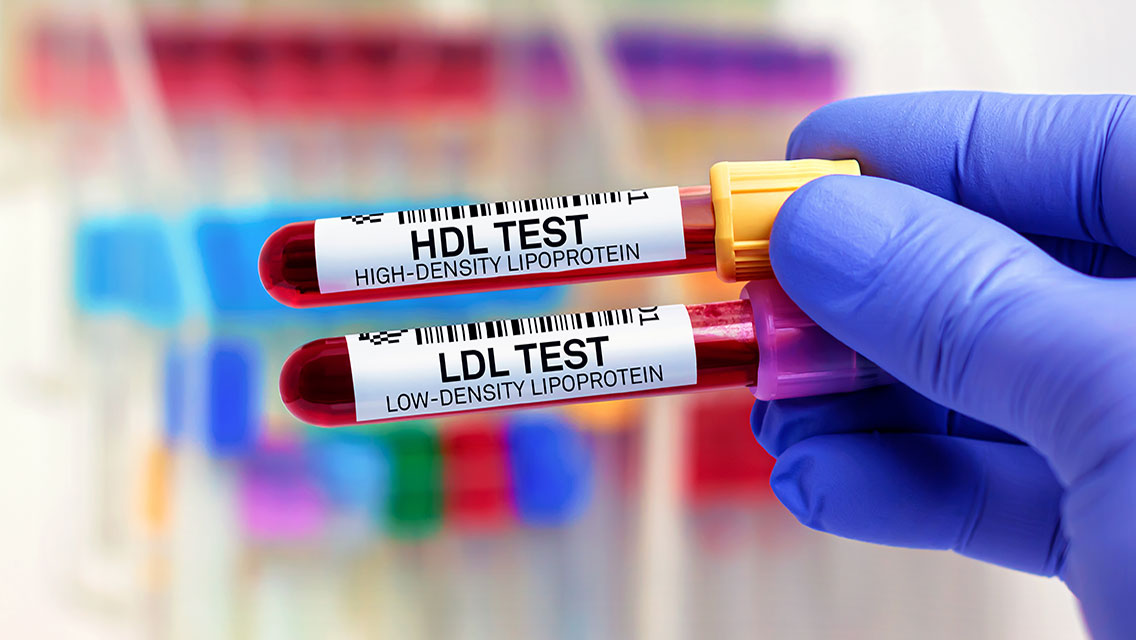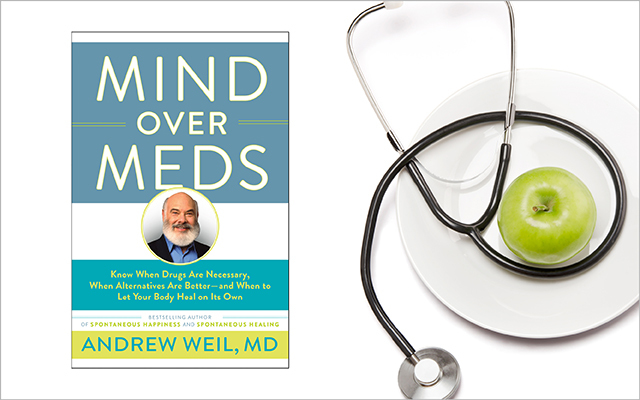Here’s a question guaranteed to brighten your day: Would you rather be struck down by a heart attack now or descend inexorably into dementia? That seems to be the choice seniors are facing if we’re to believe the results of a new study that purports to reveal the dark underbelly of our cholesterol numbers.
In a recent issue of The Lancet Regional Health – Western Pacific, Australian researchers suggest that too much of the “good” high-density lipoprotein (HDL) cholesterol we all covet to prevent cardiovascular tragedy may increase the risk of developing cognitive dysfunction. The upside of this apparent conundrum, they contend, is that lifestyle changes — and pharmaceutical remedies — can regulate those HDL-C numbers, so their findings may offer a novel approach to delaying or preventing dementia.
“Currently, there is a lack of proven noninvasive biomarkers of early dementia risk and no well-established interventions to slow cognitive decline,” notes lead study author Monira Hussain, PhD, a clinical epidemiologist at Monash University. “Circulating HDL-C levels are easily measurable, potentially modifiable, and therefore may become a useful dementia biomarker, albeit relevant to only a small fraction of individuals.”
Hussain and her colleagues analyzed data from the more than 18,000 seniors who participated in the Aspirin in Reducing Events in the Elderly (ASPREE) study. The participants showed no signs of cognitive decline when recruited for the research. But, after accounting for various demographic, genetic, and health variables, the team found that those whose HDL-C levels exceeded 80 mg/dL were more likely than those with lower levels of the cholesterol to develop dementia during a six-year follow-up period. The risks varied depending on age: Those over 75 were 42 percent more likely to exhibit signs of the disease; those under 75 were 27 percent more at risk.
Why this “good” cholesterol, which has long been shown to reduce the body’s production of its “bad” low-density lipoprotein (LDL) cousin, might create such neurological havoc remains a bit of a mystery. Under normal circumstances, HDL-C plays a salutary role in the brain, “restoring synaptic connections in neurodegenerative conditions,” Hussain explains. “However, at very high plasma levels, the structural components and the actions of HDL-C change, and they may become deleterious to health.”
It’s not just our gray matter that may suffer from too much of this good thing. She cites earlier research that has linked high HDL-C levels with various age-related maladies, including macular degeneration, sepsis, and fractures.
And it’s not just our gray matter that may suffer from too much of this good thing. She cites earlier research that has linked high HDL-C levels with various age-related maladies, including macular degeneration, sepsis, and fractures.
It was the fear of an imminent heart attack or stroke last summer that sent me into the gaping maw of our healthcare system, where various lab tests dictated that I become more familiar with my local pharmacists. I’m now taking meds to ease my hypertension and a statin to lower my “bad” cholesterol. Hussain’s study suggests, however, that I may need to watch my “good” levels as well.
So, I retrieved my pre-statin lab results the other day and felt a bit comforted to find that my HDL-C number was hovering well above the 40 mg/dL lower limit and slightly below the 80 mg/dL danger zone described in Hussain’s study. It took a few minutes for my sluggish brain to kick in sufficiently to remind me that my daily statin regimen is designed to not just lower my “bad” cholesterol but also to raise my HDL-C output — by as much as 15 percent, according to some estimates.
I did the math. That could be a problem.
Or maybe not. As Hussain notes, the study’s conclusions may not adequately account for genetic factors or “the possibility that dysfunctional HDL particles could explain the observed results (rather than HDL-C levels themselves).”
In other words, we’ll have to wait for more research before we can definitively add HDL-C levels to the litany of worrisome dementia portents. Meanwhile, I’ll continue my statin regimen and maybe pay a little more attention to those cholesterol numbers when I next get them checked. But I can’t really see the benefit of calculating the risk of a heart attack now against the chances of Alzheimer’s down the road. If my reluctant journey through our healthcare system in the past year has taught me anything, it’s that we don’t get to choose our afflictions. They choose us.





This Post Has 0 Comments